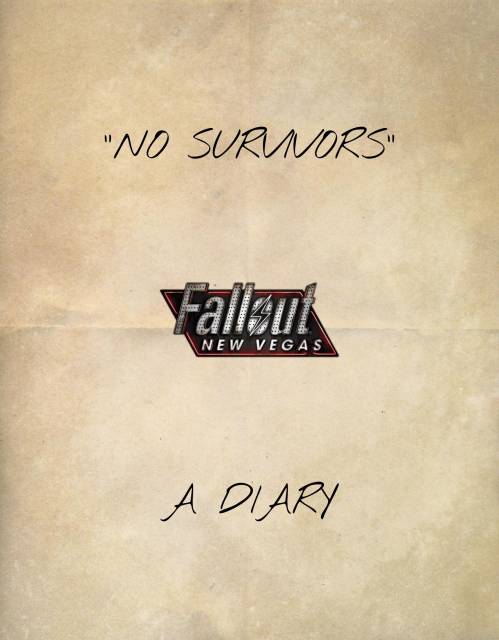All a Matter of Perspective
By Obscure 0 Comments
Irrational Games: Thinking deep thoughts and brutally murdering people at the same time.
I discovered, in the aftermath of BioShock Infinite, that I have relatively little to say about it that is interesting without criticizing it or defending it against criticism, which is a shame, because Infinite is a great game that is both fun to play and features an intense, moving story. If Infinite were any other game, I'm not sure I would even have played it, which is telling: I played this game because of its lineage, and I knew going in that it would be impossible for it to live up to its predecessor, so while it wasn't actually disappointing to me, it was nevertheless not what I wished it would be, either.
SPOILERS: The game is inconsistent with it's internal rules for parallel universes, a limp hand-wave is the best we have as justification for the existence of vigours and various special enemies, and the bad guys are heinous, unambiguously evil people who are beyond sympathy — but assessed for what it is trying to do, I think Infinite succeeds extremely well. The criticisms that I encountered online saying that it is overly violent and even racist are fair and legitimate too, but these properties are mostly mishandled components of a focal story which, in itself, is solid.
BioShock Infinite is about a horrible, murdering brute – Booker – who is trying to redeem himself, crossing into a parallel universe to kill Comstock, an alternate version of himself who, in that timeline, tried to deny his past. Parallel universes being the core conceit of the story, it is set in 1912, in the cradle of modern physics (just as BioShock was set in the cradle of modern genetics, the late 1950's). Comstock, the villain, must be vile both for the player to feel motivated to kill him, and because he must symbolize that Booker cannot overcome his past by denying it and "reinventing" himself. Comstock plays off of the evils of the setting time period: American exceptionalism, religious zealotry, racism, classism. He is unambiguously horrible, but he is not supposed to be a complex villain, he is supposed to be part of Booker's self-loathing.
This makes the story of Booker a story about a murderer who knows no other means of overcoming his problems, thus he slaughters his way through a conflict that is, by virtue of the properties of the villain, a story about defeating racists. Those race issues are dealt with poorly in a bid to make the morality of the conflict less obviously one-sided, resulting in Daisy Fitzroy and the Vox becoming absurd baby-killers for no good reason (although I must admit, hatred begetting hatred didn't strain my suspension of disbelief at the time). The violence in the story, on the other hand, is both excessive and unavoidable: the fact that Booker is a murderer is perhaps his most critical quality to the story, and it is why both he and Comstock need to die.





Log in to comment